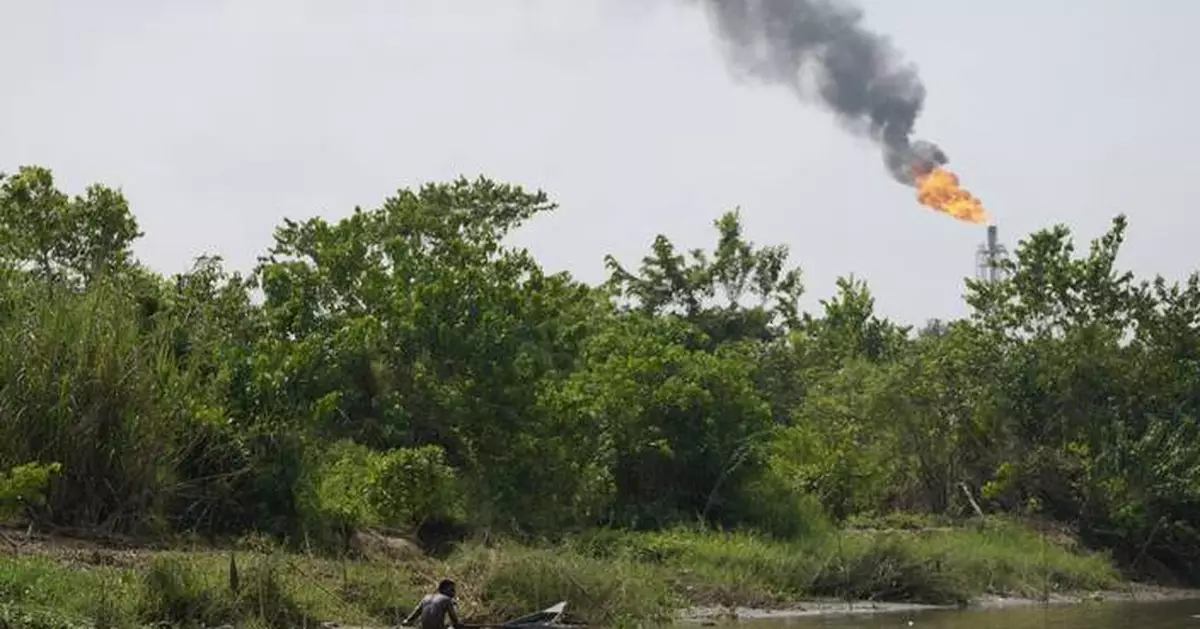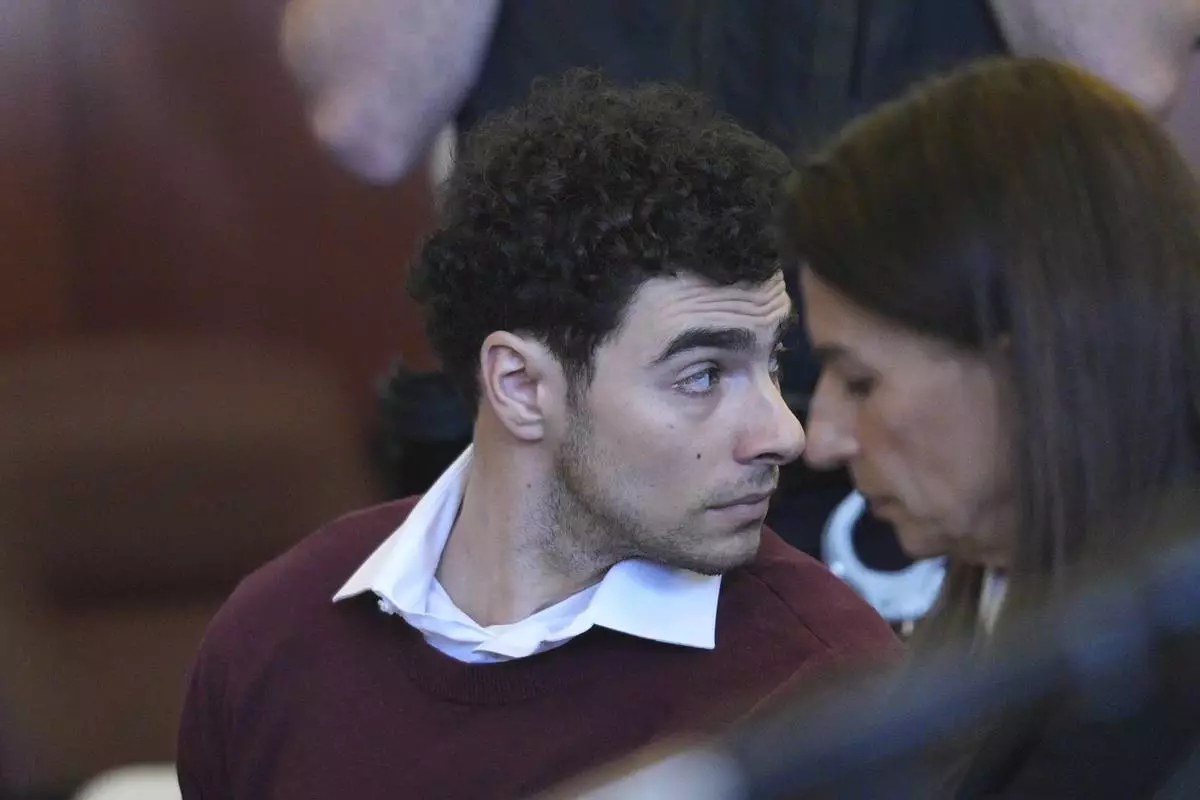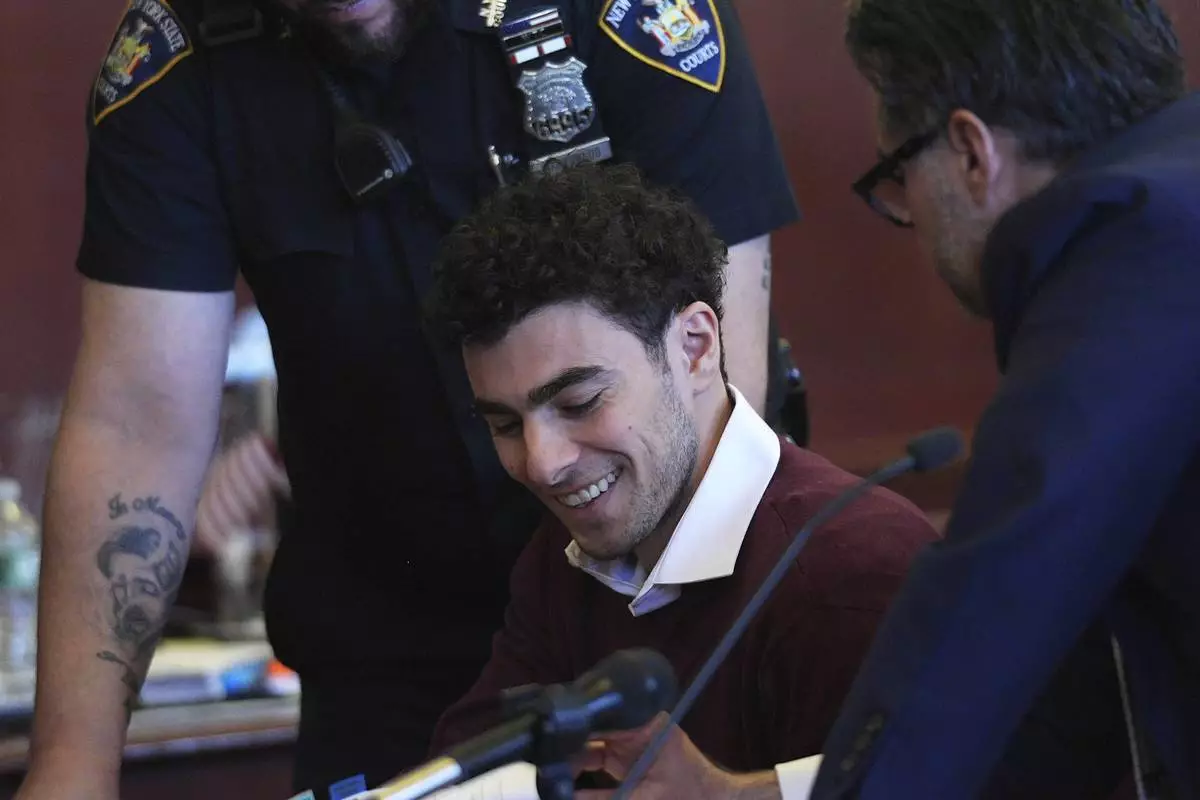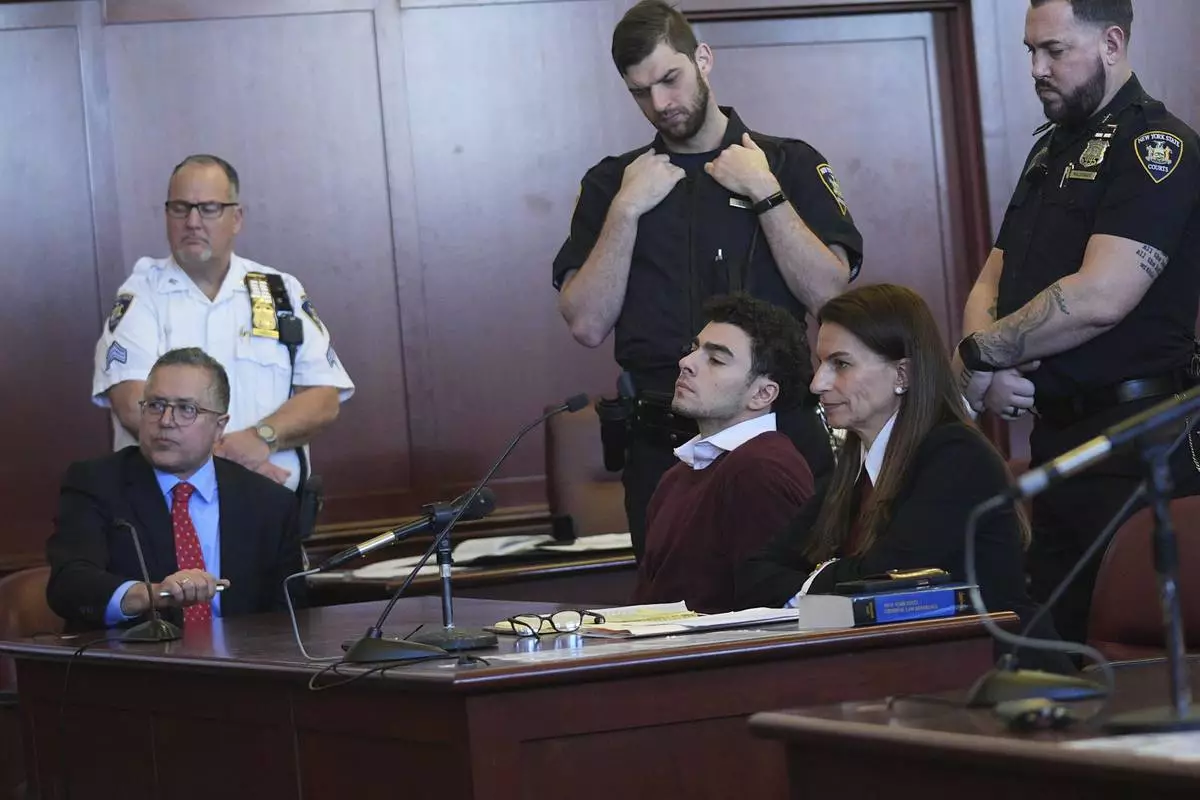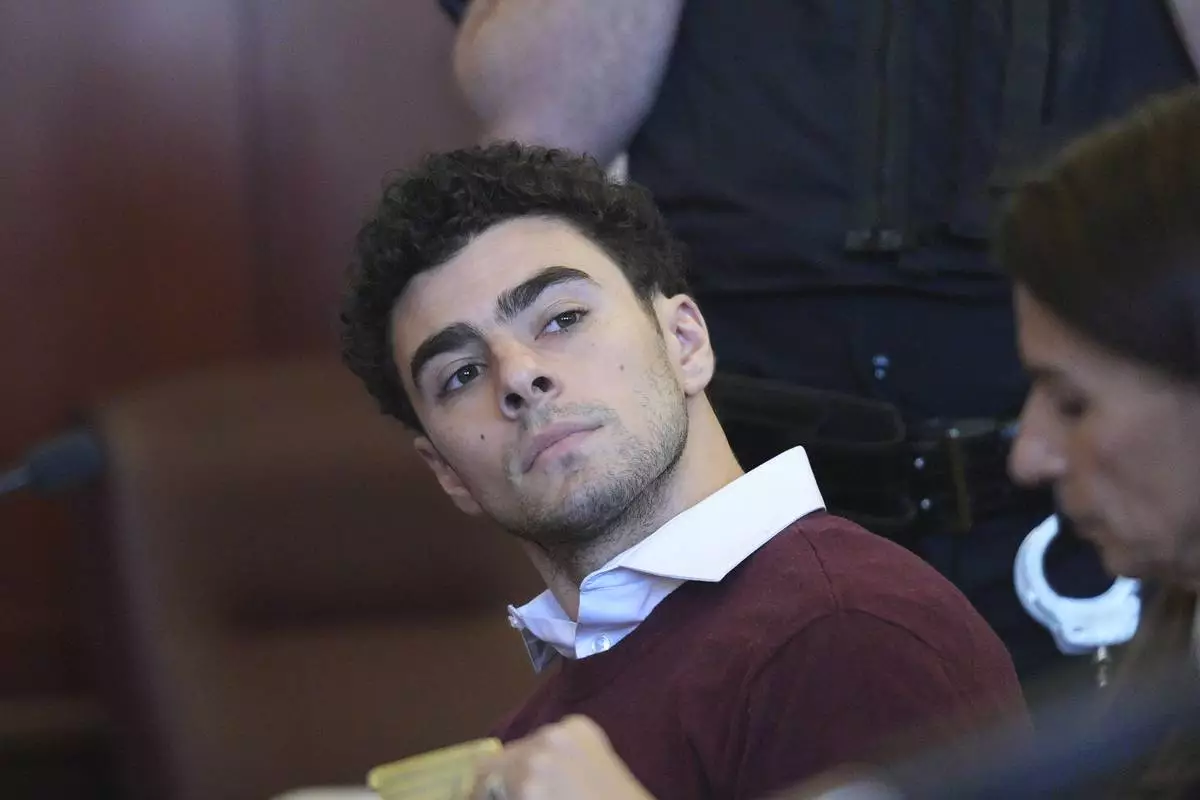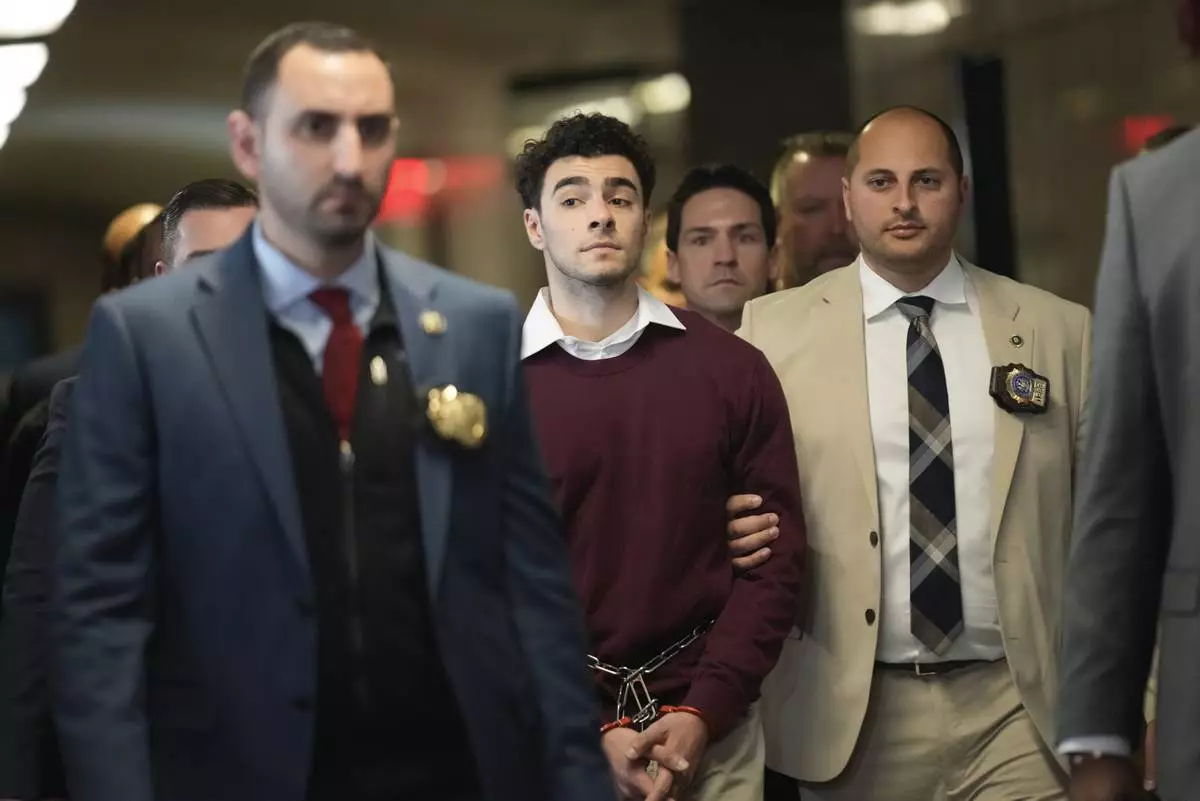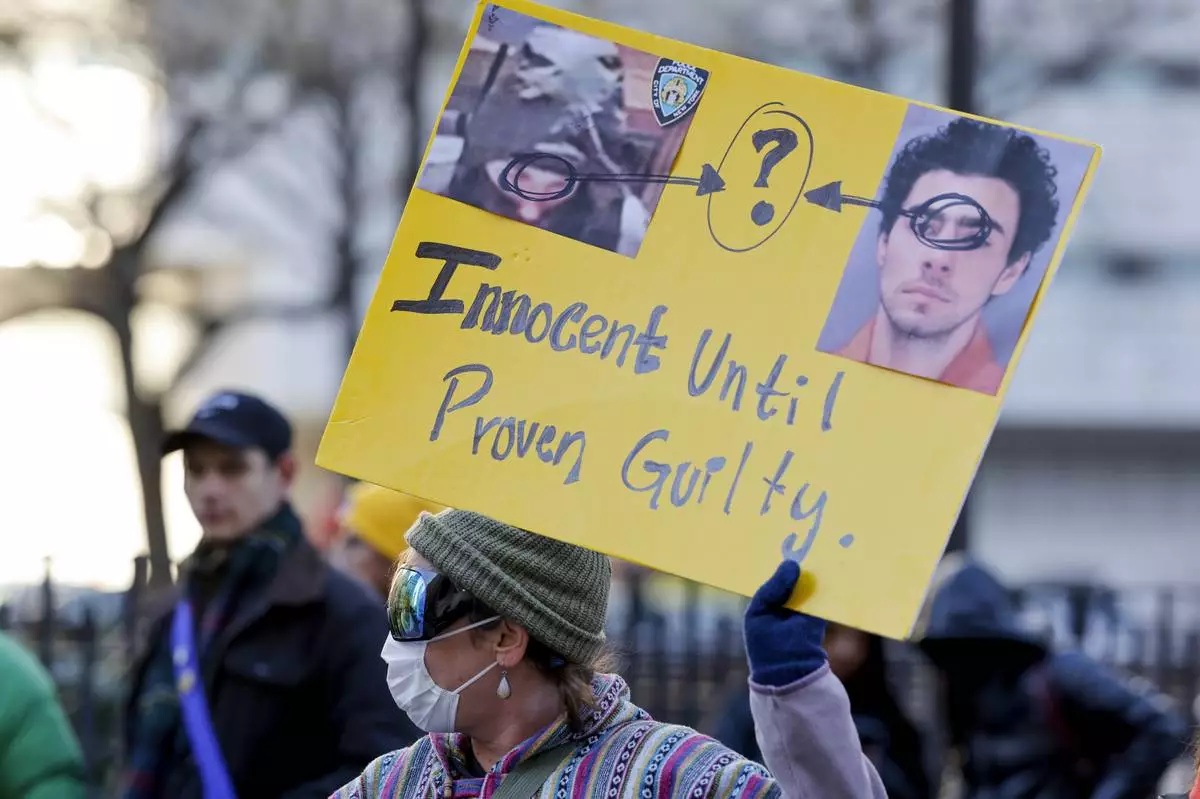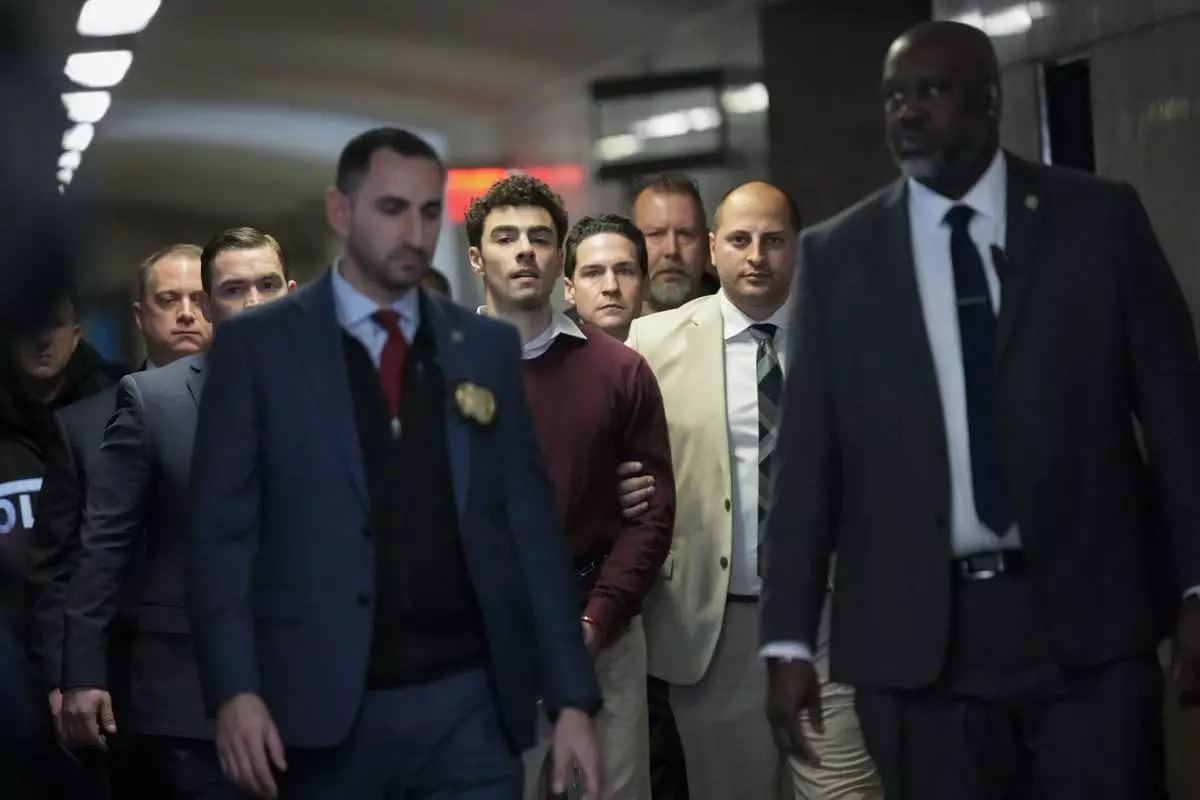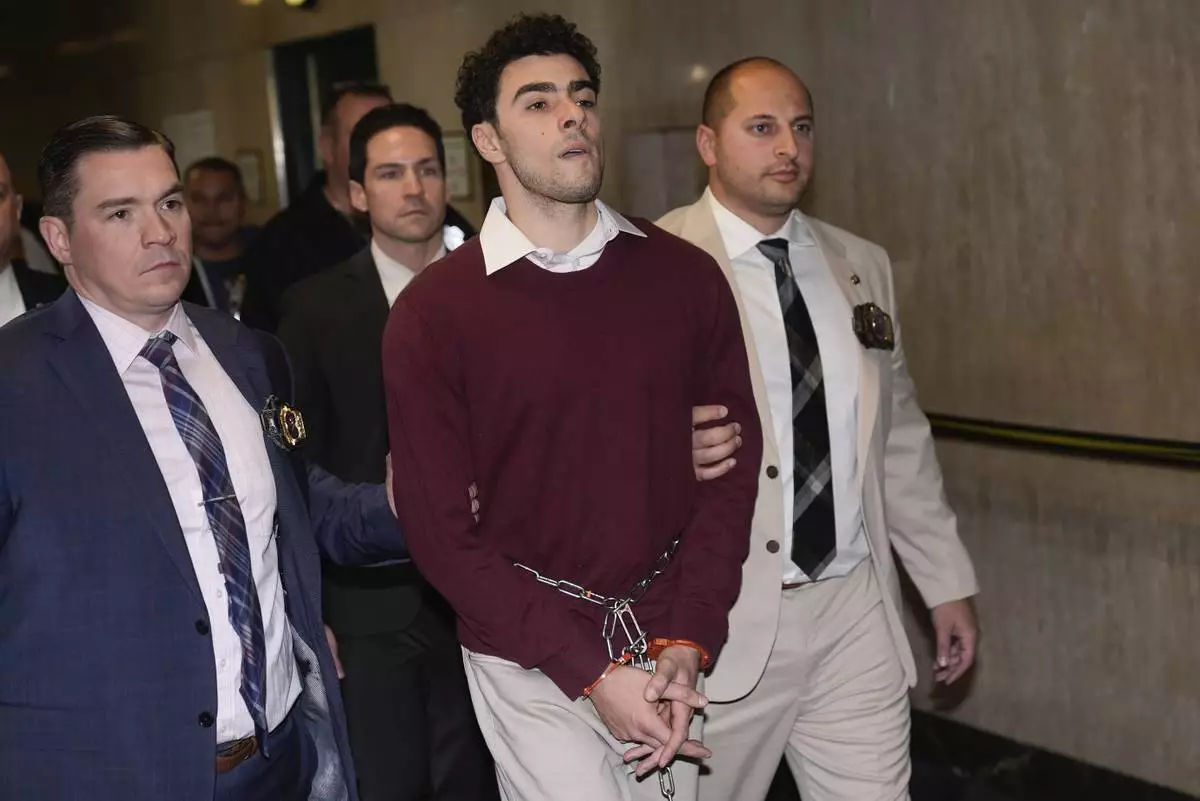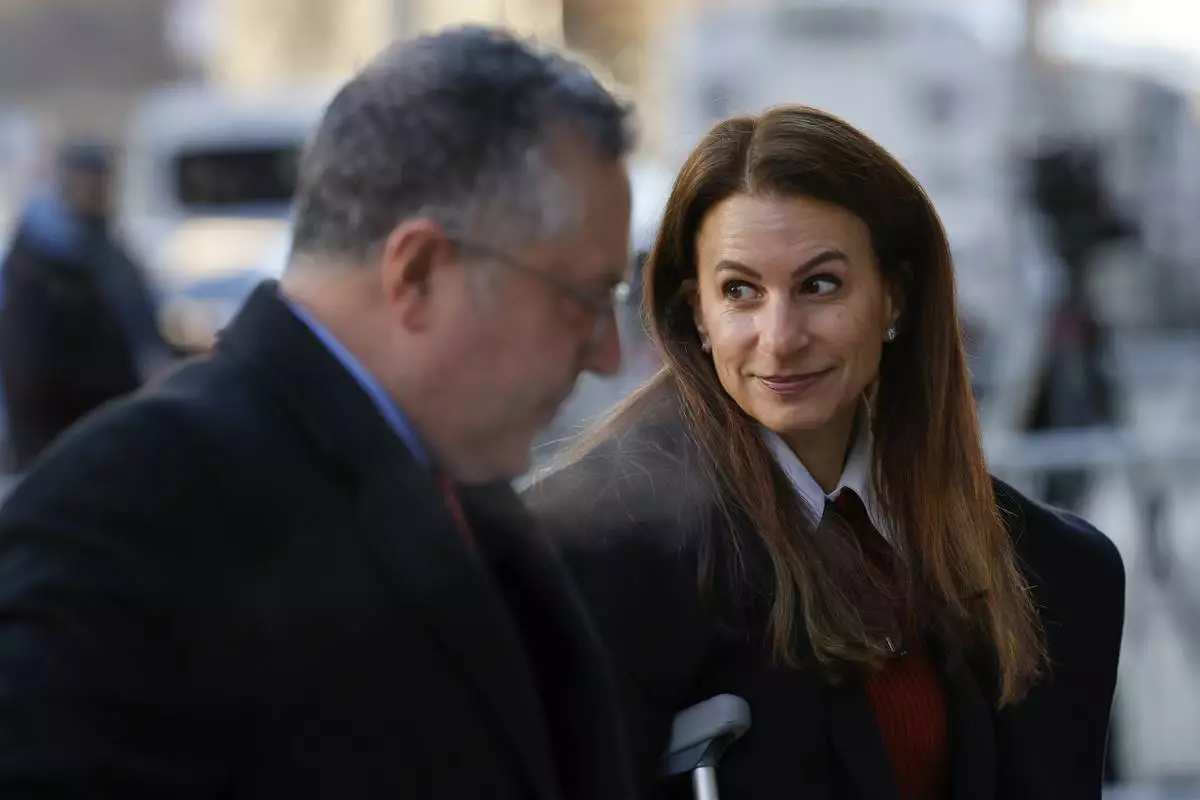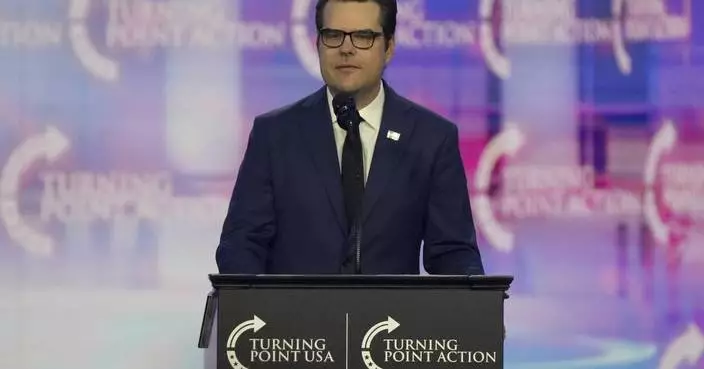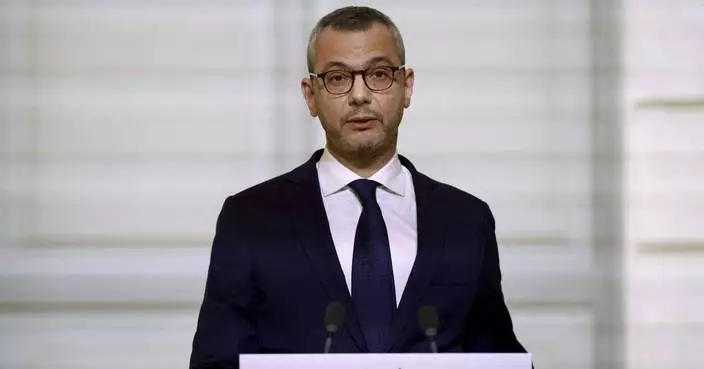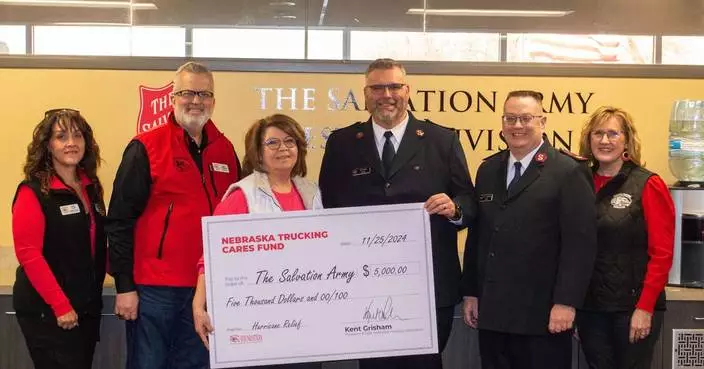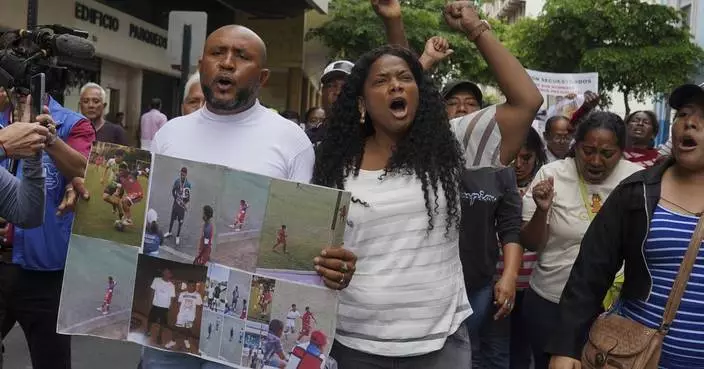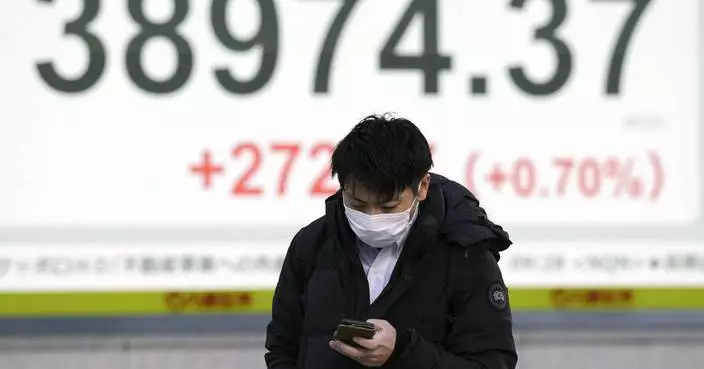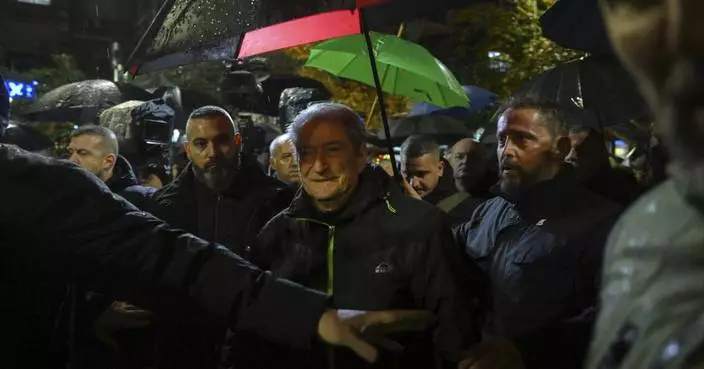As it passed above the Niger Delta in 2021, a satellite took an image. It showed acres of land, scraped bare. The site, outside the city of Port Harcourt, was on a cleanup list kept by the United Nations Environment Programme, supposed to be restored to green farmland as the Delta was before thousands of oil spills turned it into a byword for pollution. Instead the land was left a sandy “moonscape” unusable for farming, according to U.N. documents.
That failed cleanup was not an exception, records obtained by The Associated Press show. Previously unreported investigations, emails, letters to Nigerian ministers and minutes from meetings make clear that senior U.N. officials were increasingly concerned that the Nigerian agency in charge of cleaning up crude oil spills has been a “total failure.”
The agency, known as Hyprep, selected cleanup contractors who had no relevant experience, according to a U.N. review. It sent soil samples to laboratories that didn't have the equipment for tests they claimed to perform. Auditors were physically blocked from making sure work had been completed.
A former Nigerian minister of the environment told the AP that the majority of cleanup companies are owned by politicians, and minutes show similar views were shared by U.N. officials.
It wasn’t supposed to be this way.
There have been thousands of crude oil spills in the tidal mangroves and farmlands of the Niger Delta since oil drilling and production began in the 1950s. Reports and studies document what is widely known here: People often wash, drink, fish and cook in contaminated water.
Spills still occur frequently. The Ogboinbiri community in Bayelsa state suffered its fourth spill in three months in November, harming farm fields, streams and the fish people rely on.
“We bought the land in 2023; we have not harvested anything from the farmland; both the profit, our interest, everything is gone,” said Timipre Bridget, a farmer in the community. “No way to survive with our children again.”
Many of the spills are caused by lawbreakers illegally tapping into pipelines to siphon off crude oil they process into gasoline in makeshift refineries.
After a major U.N. survey of spills more than a decade ago, oil companies agreed to create a $1 billion cleanup fund for the worst affected area, Ogoniland, and Shell, the largest private oil and gas company in the country, contributed $300 million. The Nigerian government handled the funds and the U.N. was relegated to an advisory role.
To oversee the work, the government created the Hydrocarbon Pollution Remediation Project, or Hyprep. It first addressed sites that were supposed to be easy to clean, like the one outside Port Harcourt. Then it would move on to complex ones, where oil had sunk more deeply into the ground.
But a confidential investigation by U.N. scientists last year found the site outside Port Harcourt was left with a “complete absence of topsoil” and almost seven times more petroleum in the subsoil than Nigerian health limits.
The company that performed that work has since had its contract revoked, Nenibarini Zabbey, the current director of Hyprep, who took over last year, told the AP.
The head of operations when the contract was awarded, Philip Shekwolo, called allegations in the U.N. documents “baseless, mischievous and cheap blackmail.”
Shekwolo, who used to head up oil spill remediation for Shell, said by email he knows more about tackling pollution than any U.N. expert and insists the cleanup has been successful.
But the documents show U.N. officials raising the alarm about Hyprep with Nigerian officials since 2021, when Shekwolo was acting chief.
A January 2022 U.N. review found that of 41 contractors allowed to clean up spill sites, 21 had no relevant experience. Not one was judged competent enough to handle more polluted sites.
They include Nigerian construction companies and general merchants. The websites of two construction firms, for example, Jukok International and Ministaco Nigeria, make no mention of pollution cleanups.
In the minutes of a meeting with U.N. officials and Shell, Hyprep’s own chief of communications, Joseph Kpobari, is shown to have said bad cleanups happen because his agency hired incompetent companies. The U.N. delegation warned that despite their inadequate work, these companies were being rewarded with contracts for tougher sites.
Zabbey denied in an email this admission took place. The cleanup of the simple sites was not a failure, he insisted, because 16 out of 20 had now been certified as clean by Nigerian regulators and many returned to communities. Hyprep always complied with guidelines when issuing contracts, Zabbey said, and their monitors were U.N.-trained.
Two sources close to the cleanup efforts in the Delta, speaking anonymously for fear of loss of business or employment, said test results held up by Hyprep as proof of cleanup could not have been real because when officials visited the laboratories, they found they did not have the equipment to perform those tests.
In a letter to its customers, one laboratory in the U.K. frequently used by Hyprep acknowledged its tests for most of 2022 were flawed and unreliable. The U.K. laboratory accreditation service confirmed the lab’s authorization to carry out the tests was suspended twice.
Zabbey defended the cleanup agency in a statement to the AP, saying it monitors contractors more closely now. Labs adhere to Nigerian and U.N. recommendations and are frequently checked, he said, and the U.N. could have trained local lab staff if it chose to.
The U.N. cited another problem — contractors were allowed to assess pollution levels at their sites. No government agency was setting a baseline for what needed to be cleaned up at oil-damaged sites. This meant companies were monitoring their own progress, effectively handed a “blank check,” U.N. Senior Project Advisor Iyenemi Kakulu is recorded as having said in minutes of a meeting in June of last year between the U.N., Hyprep and Shell.
The U.N. warned the Nigerian government in an assessment in 2021 that spending at the cleanup agency was not being tracked. Internal auditors were viewed as “the enemy” and “demonized for doing their job.” Shekwolo’s predecessor as head of Hyprep blocked new financial controls and “physically prevented” auditors from seeing if work had been performed properly before paying contractors, according to the U.N. assessment.
Zabbey said this too, has changed since that assessment: The audit team is now valued, he said, and accounts are now audited annually, although he provided only one audit cover letter. In it, the accounting firm asked what steps had been taken to “correct the identified weaknesses.”
Shekwolo referred the AP to the office of Nigeria’s president, which did not respond to a request to show how funds are being spent. Environment Minister Iziaq Salako’s office declined an interview.
Sharon Ikeazor was born in Nigeria, educated in Britain, and spent decades as a lawyer before entering politics. In 2019, she was appointed environment minister of Nigeria. She was well aware of Hyprep’s alleged failings and determined to address them.
“There wasn’t any proper remediation being done,” she told the AP in a phone interview. “The companies had no competence whatsoever.”
In February 2022, she received a letter from senior U.N. official Muralee Thummarukudy, with what experts say is unusually strong language in diplomacy. It warned of “significant opportunities for malpractice within the contract award process,” in the Nigerian oil cleanup work. Ikeazor removed Shekwolo as acting chief of Hyprep the next month, explaining that she believed he was too close to the politicians.
The “majority” of cleanup companies were owned by politicians, she said. The few competent companies “wouldn’t get the big jobs.”
One of Shekwolo’s roles, Ikeazor said, was to deem who was competent for contract awards. Ikeazor said Shekwolo’s former employer Shell and the U.N. warned her about him, something Shekwolo says he was unaware of.
When she hired a new chief of Hyprep was, she had him review every suspect contract awarded over the years and investigate the cleanup companies.
“That sent shockwaves around the political class,” said Ikeazor. “They all had interests."
"That was when the battle started,” she said.
It was a short battle, and she lost. She was replaced as environment minister and Shekwolo was rehired. He had been gone for two months.
Shekwolo says the only politicians he was close to were the two environment ministers he served under. He was never given a reason for his removal, he said, and suggested Ikeazor simply didn’t like him.
Last year, the U.N. Environment Programme broke ties with the Nigerian oil spill agency, explaining its five-year consultancy was over. The last support ended in June.
Ikeazor said the real reason U.N. pulled out was frustration over corruption. The two sources close to the project concurred the U.N. left because it couldn’t continue to be associated with the Nigerian cleanup organization.
Zabbey responded that he believes the U.N. merely changed its goals and moved on.
Associated Press reporters Taiwo Adebayo and Dan Ikpoyi contributed from Abuja and Bayelsa, Nigeria.
The Associated Press’ climate and environmental coverage receives financial support from multiple private foundations. AP is solely responsible for all content. Find AP’s standards for working with philanthropies, a list of supporters and funded coverage areas at AP.org.
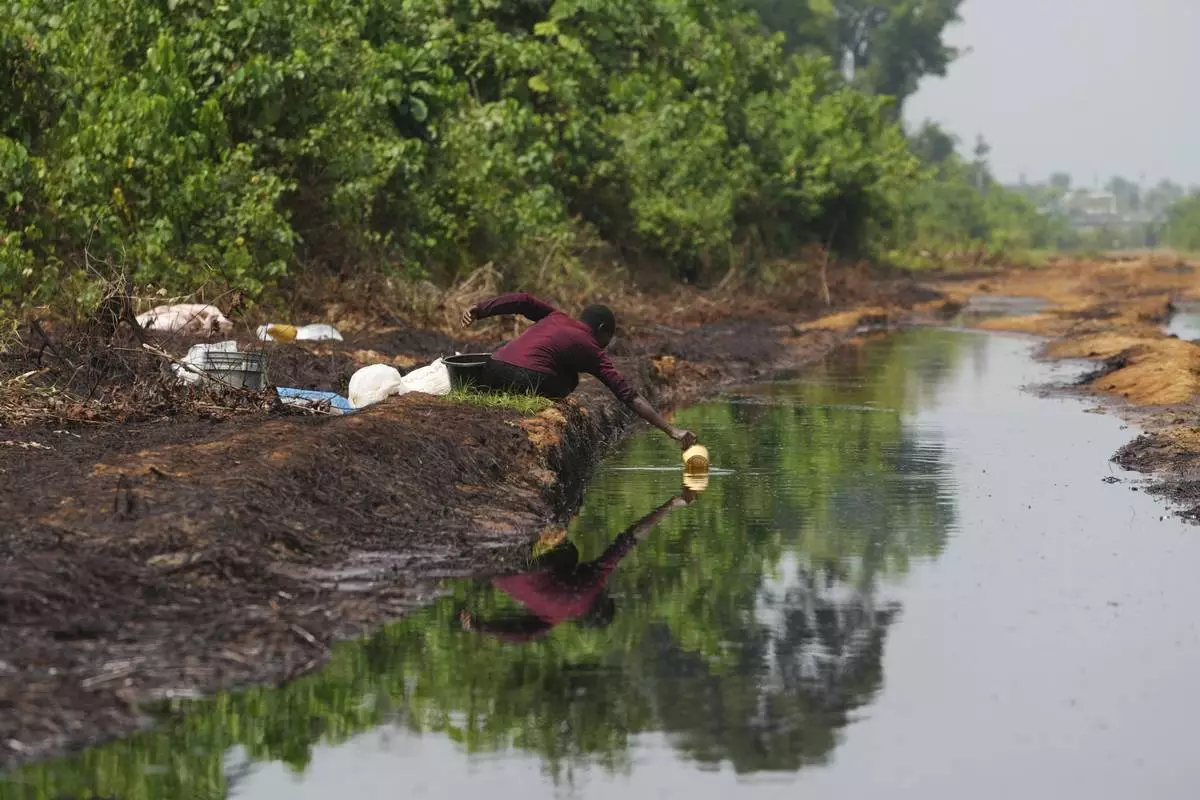
A woman scoops oil from a spill in the Niger Delta in village of Ogboinbiri, Nigeria, Wednesday, Dec. 11, 2024. (AP Photo/Sunday Alamba)
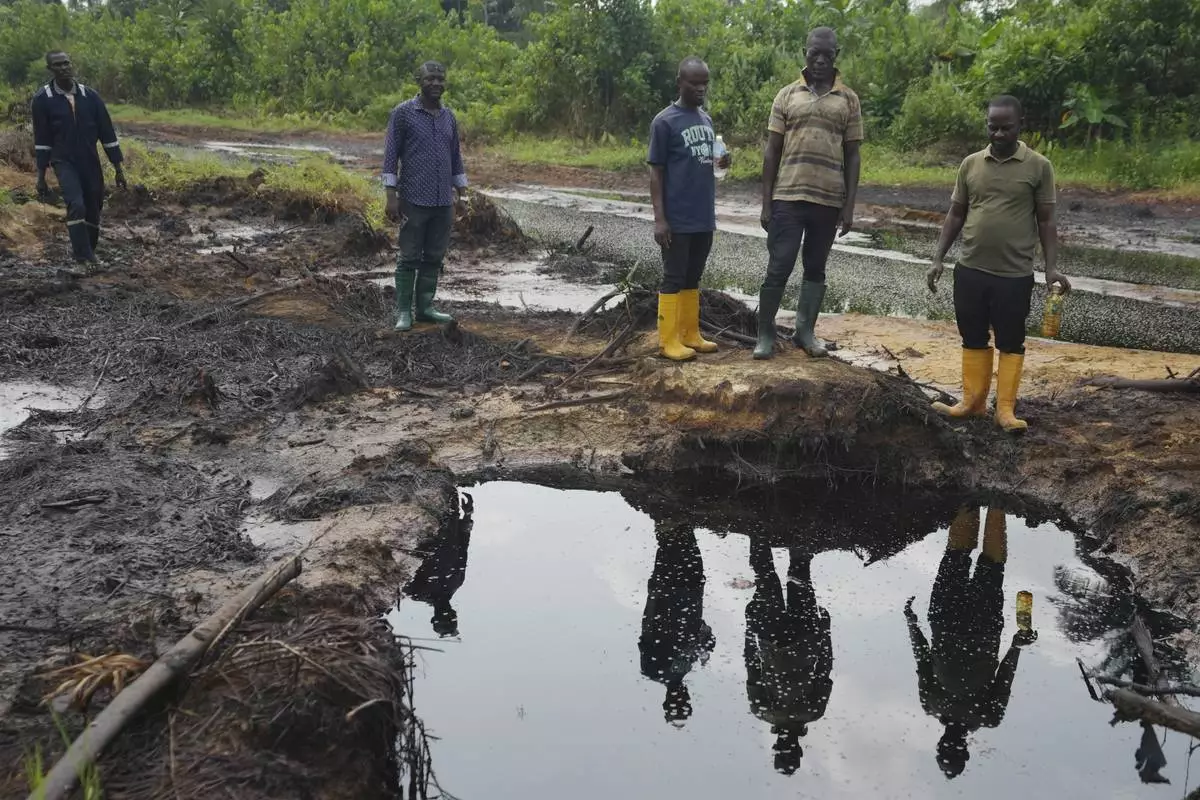
People gather near an oil spill in the Niger Delta in village of Ogboinbiri, Nigeria, Wednesday, Dec. 11, 2024. (AP Photo/Sunday Alamba)
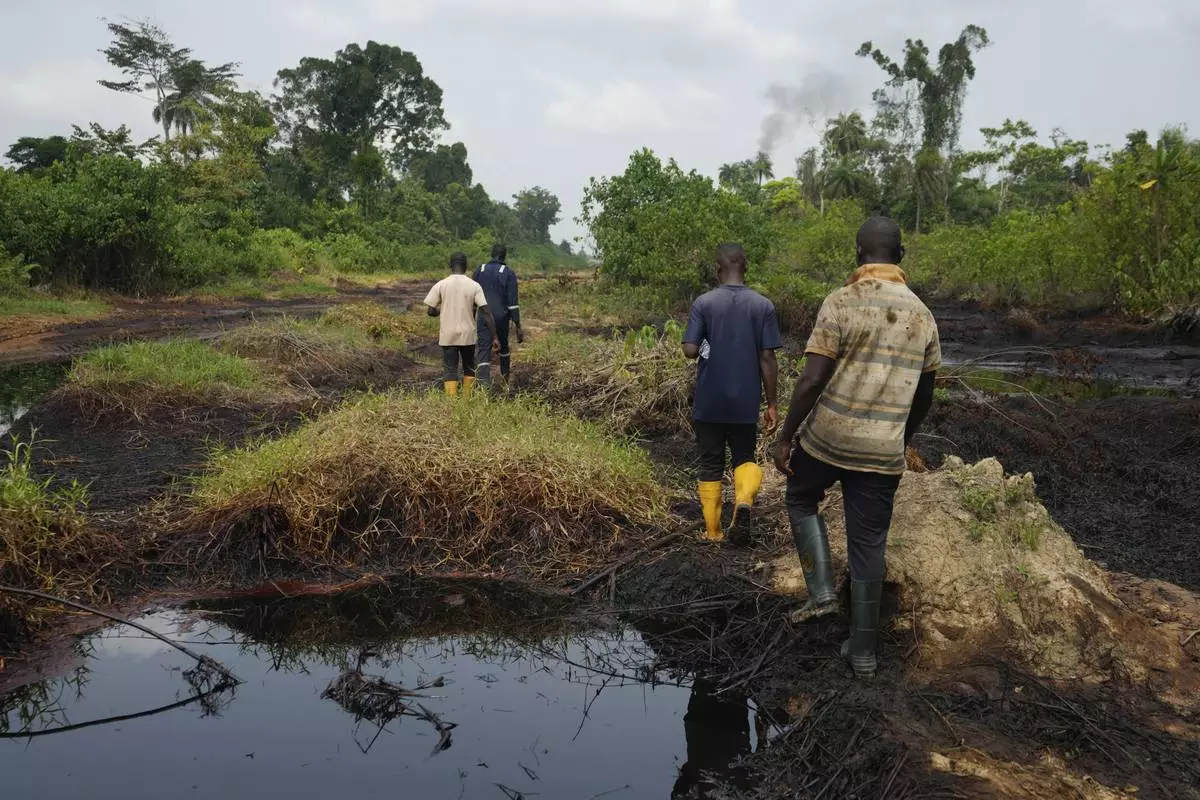
People walk amid an oil spill in the Niger Delta in village of Ogboinbiri, Nigeria, Wednesday, Dec. 11, 2024. (AP Photo/Sunday Alamba)
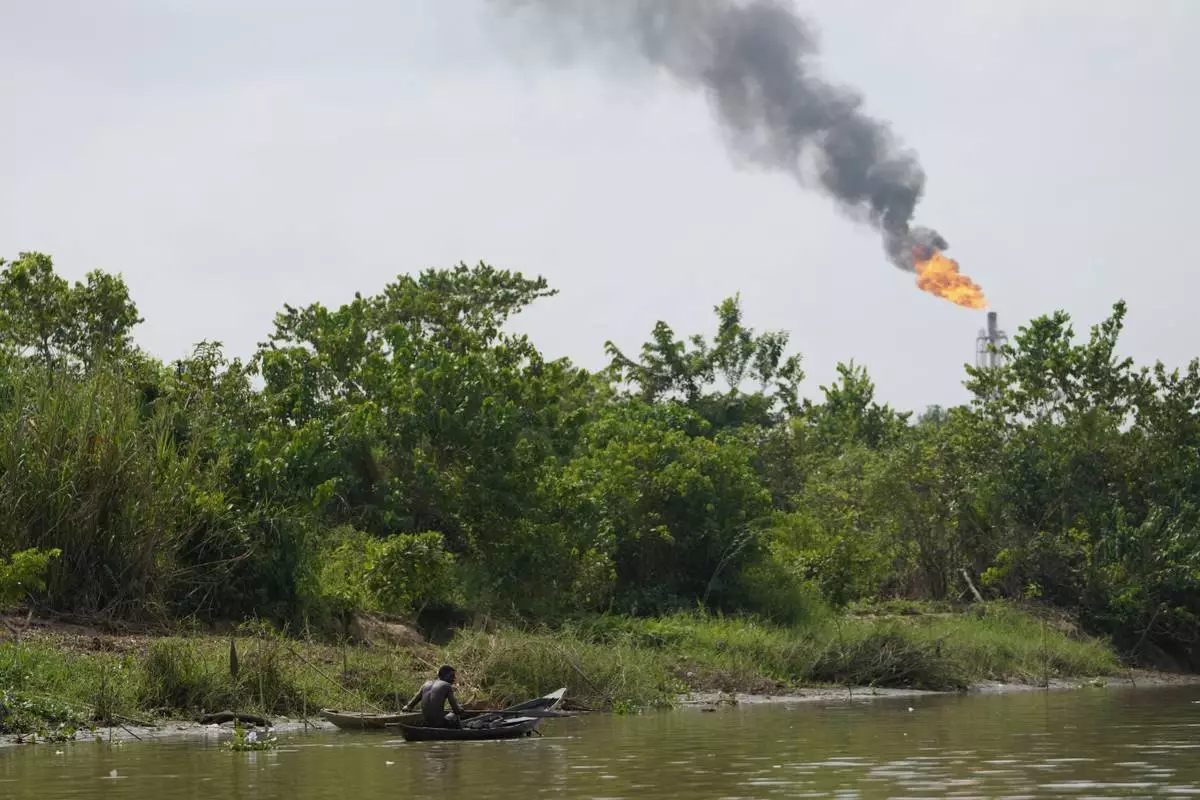
FILE - A man paddles his canoe in the Niger Delta near the village of Ogboinbiri, Nigeria, Dec. 11, 2024. (AP Photo/Sunday Alamba, File)


